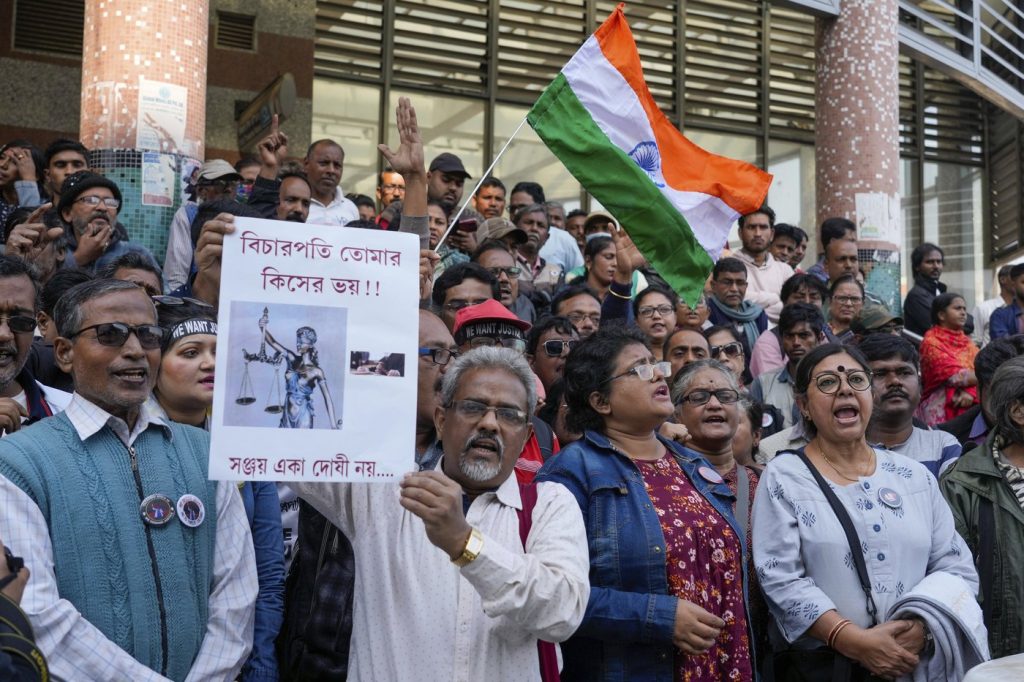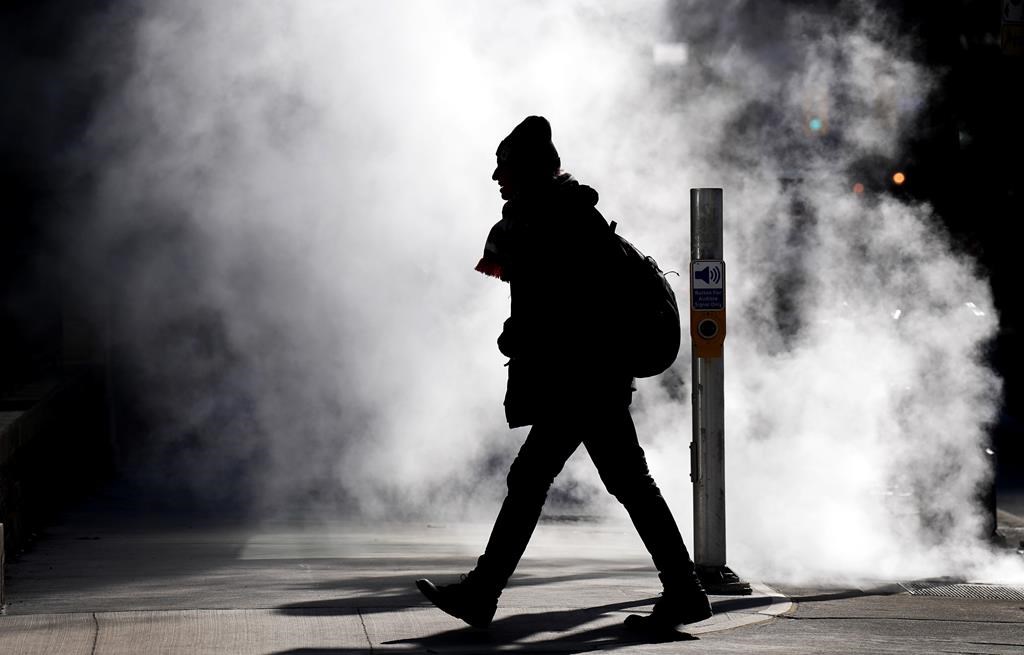Indian court sentences a police volunteer to life in prison in the rape, killing of trainee doctor

Posted Jan 20, 2025 06:10:41 AM.
Last Updated Jan 20, 2025 08:31:15 AM.
NEW DELHI (AP) — An Indian court on Monday sentenced a police volunteer to life in prison after finding him guilty in the rape and killing of a trainee doctor last year, a crime that sparked nationwide protests over inadequate safety for women and led to a speedy trial in the country’s slow-moving justice system.
Sanjay Roy, 33, who has consistently maintained his innocence, can appeal the judgment in a higher court.
The killing of the 31-year-old physician while she was on duty at a hospital in the eastern city of Kolkata highlighted the chronic issue of violence against women in the country. Police discovered the woman’s bloodied body at the R.G. Kar Medical College and Hospital’s seminar hall last Aug. 9. An autopsy found she had been strangled and sexually assaulted.
Federal police, who investigated the case, said the crime deserved the death penalty. Parents of the victim had also sought the death penalty for Roy and said they suspected more people were involved in the crime.
The case was initially investigated by Kolkata police but later the court handed over the probe to federal investigators after state government officers were accused of mishandling the investigation.
After the assault, doctors and medical students across India held protests and rallies demanding better security. Thousands of women also protested in the streets demanding swift justice for the victim.
Roy was arrested a day after the crime, and arguments in the case began in November. The assault prompted India’s Supreme Court to set up a national task force to suggest ways to enhance safety in government hospitals.
Many crimes against women go unreported in India due to the stigma surrounding sexual violence, as well as a lack of faith in the police. Women’s rights activists say the problem is particularly acute in rural areas, where communities sometimes shame victims of sexual assault and families worry about their social standing.
In 2012, the gang rape and killing of a 23-year-old student on a New Delhi bus galvanized massive protests across India. It inspired lawmakers to order harsher penalties for such crimes, as well as the creation of fast-track courts dedicated to rape cases. The government also introduced the death penalty for repeat offenders. Four men sentenced to death for the 2012 crime were hanged in 2020.
The rape law amended in 2013 also criminalized stalking and voyeurism and lowered the age at which a person can be tried as an adult from 18 to 16.
Activists say new sentencing requirements haven’t deterred rapes and the number of recorded rape cases has increased. In 2022, police recorded 31,516 reports of rape — a 20% jump from 2021, according to the National Crime Records Bureau.
Sheikh Saaliq, The Associated Press








